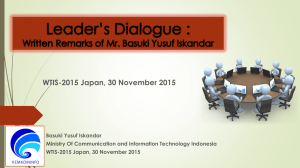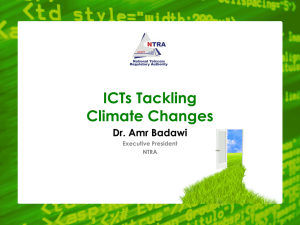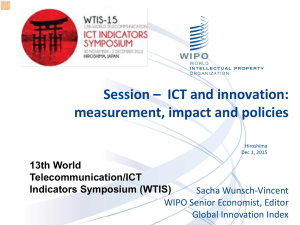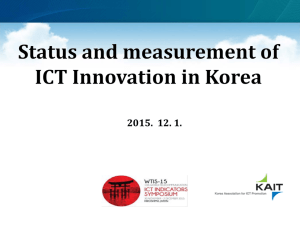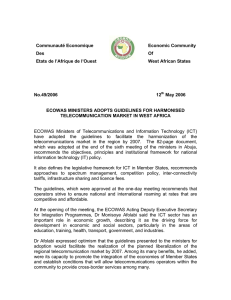Abstract Water scarce countries need to come up with more efficient water management practices to meet growing demand from competing users and uses. It emerges ...
advertisement
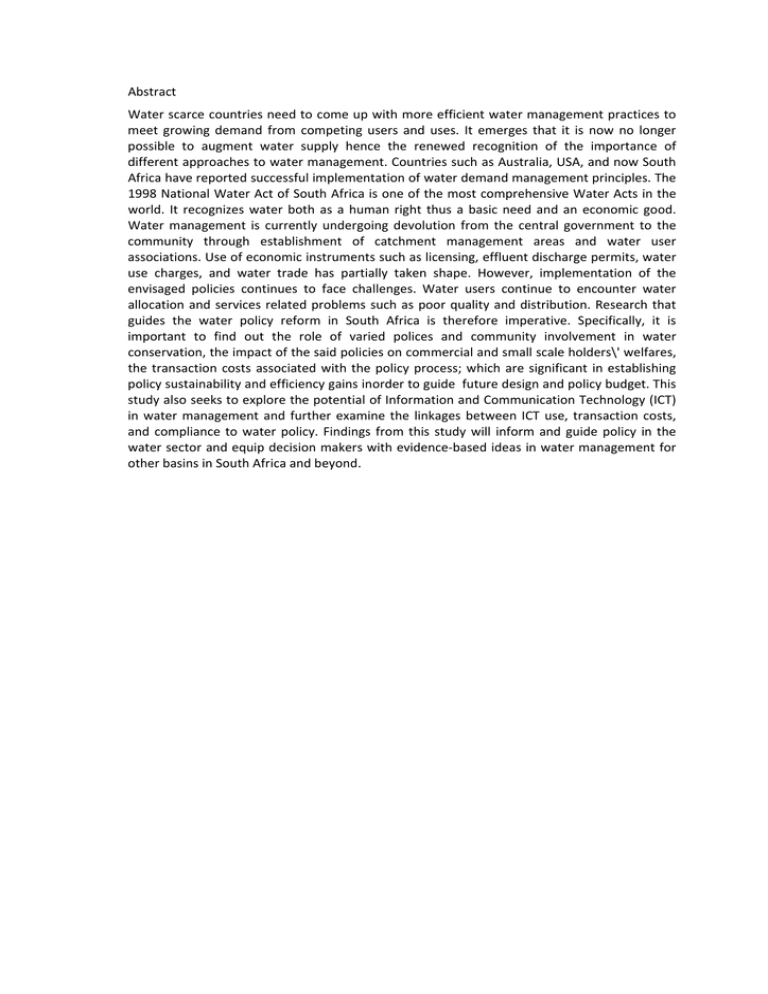
Abstract Water scarce countries need to come up with more efficient water management practices to meet growing demand from competing users and uses. It emerges that it is now no longer possible to augment water supply hence the renewed recognition of the importance of different approaches to water management. Countries such as Australia, USA, and now South Africa have reported successful implementation of water demand management principles. The 1998 National Water Act of South Africa is one of the most comprehensive Water Acts in the world. It recognizes water both as a human right thus a basic need and an economic good. Water management is currently undergoing devolution from the central government to the community through establishment of catchment management areas and water user associations. Use of economic instruments such as licensing, effluent discharge permits, water use charges, and water trade has partially taken shape. However, implementation of the envisaged policies continues to face challenges. Water users continue to encounter water allocation and services related problems such as poor quality and distribution. Research that guides the water policy reform in South Africa is therefore imperative. Specifically, it is important to find out the role of varied polices and community involvement in water conservation, the impact of the said policies on commercial and small scale holders\' welfares, the transaction costs associated with the policy process; which are significant in establishing policy sustainability and efficiency gains inorder to guide future design and policy budget. This study also seeks to explore the potential of Information and Communication Technology (ICT) in water management and further examine the linkages between ICT use, transaction costs, and compliance to water policy. Findings from this study will inform and guide policy in the water sector and equip decision makers with evidence‐based ideas in water management for other basins in South Africa and beyond.




